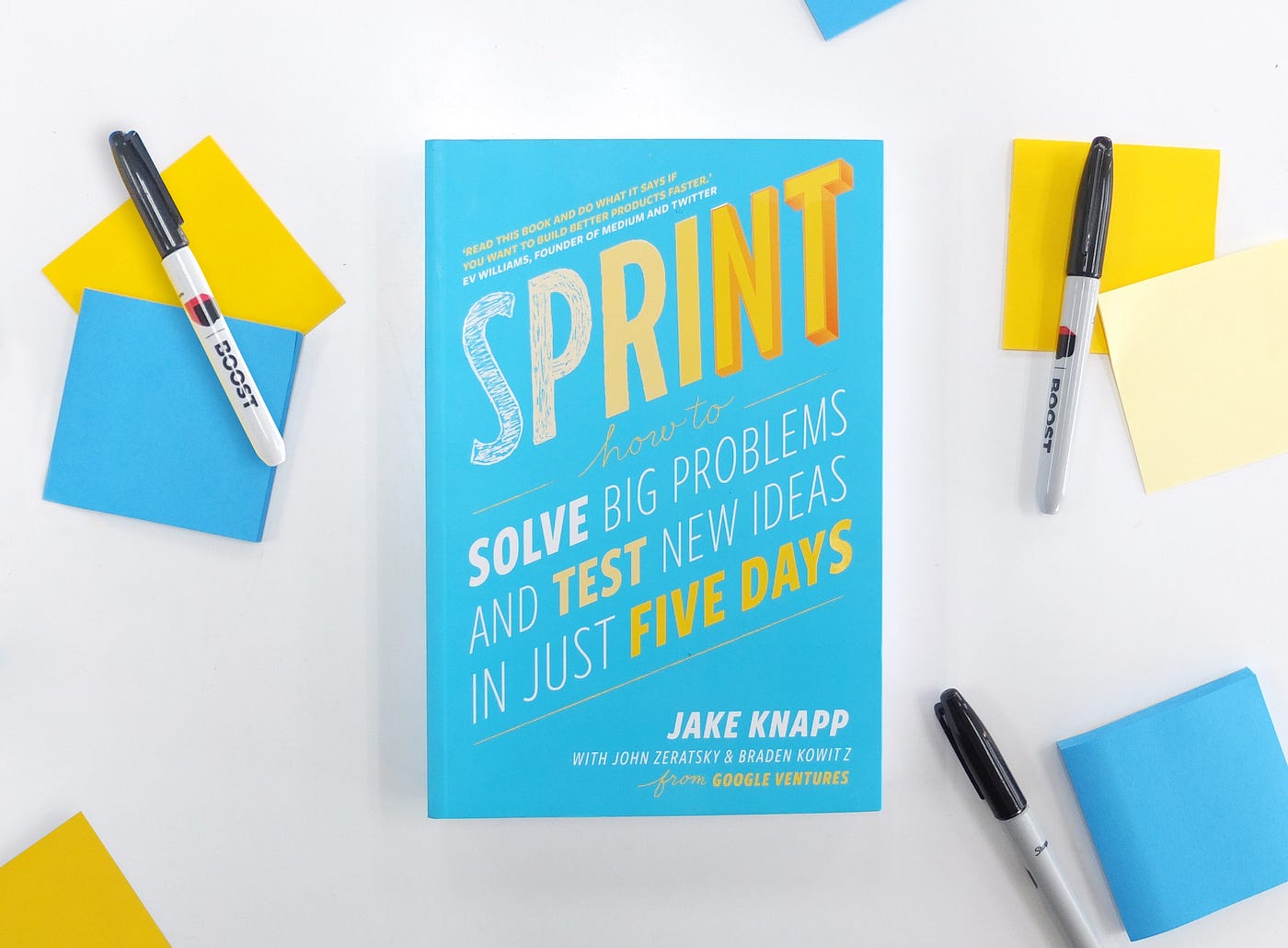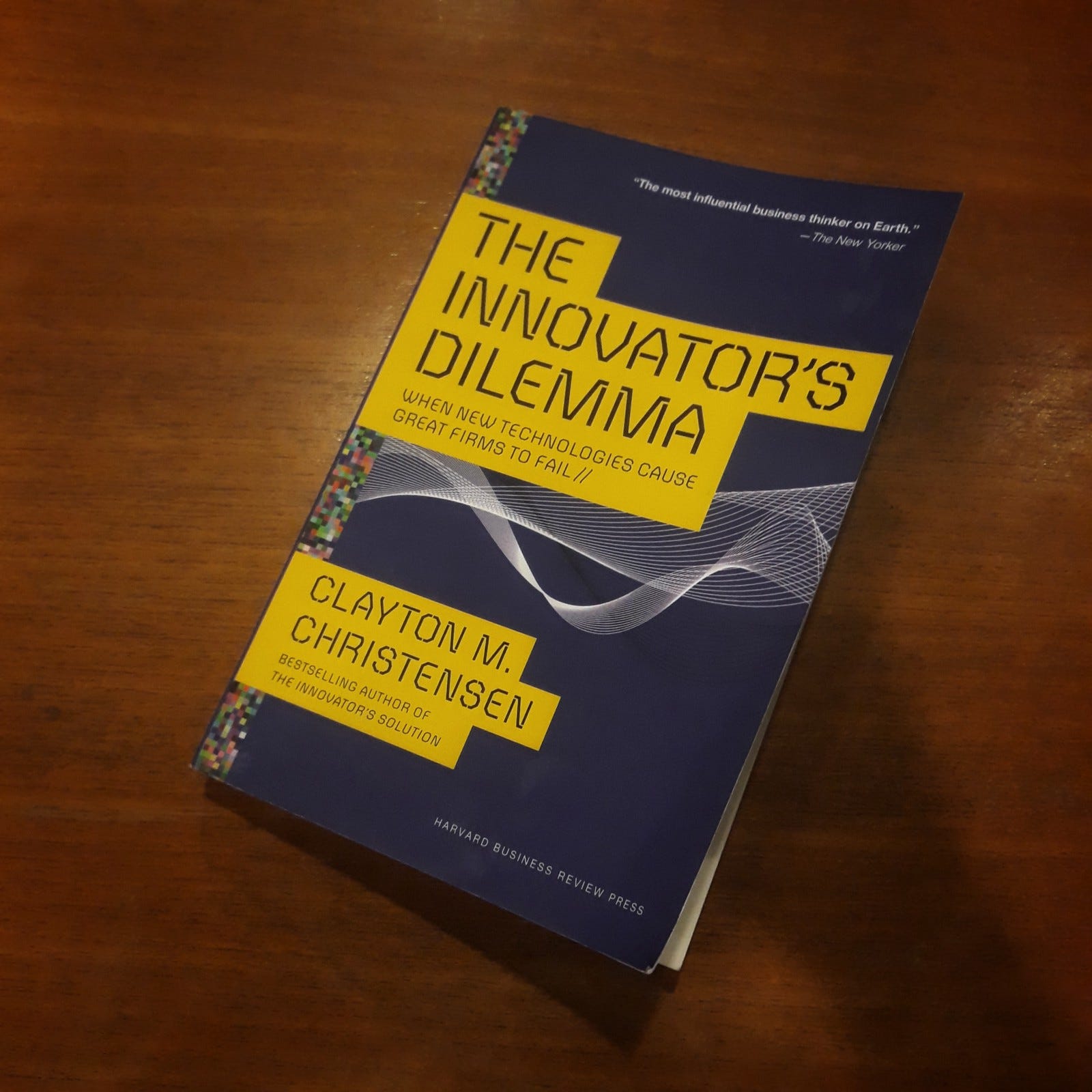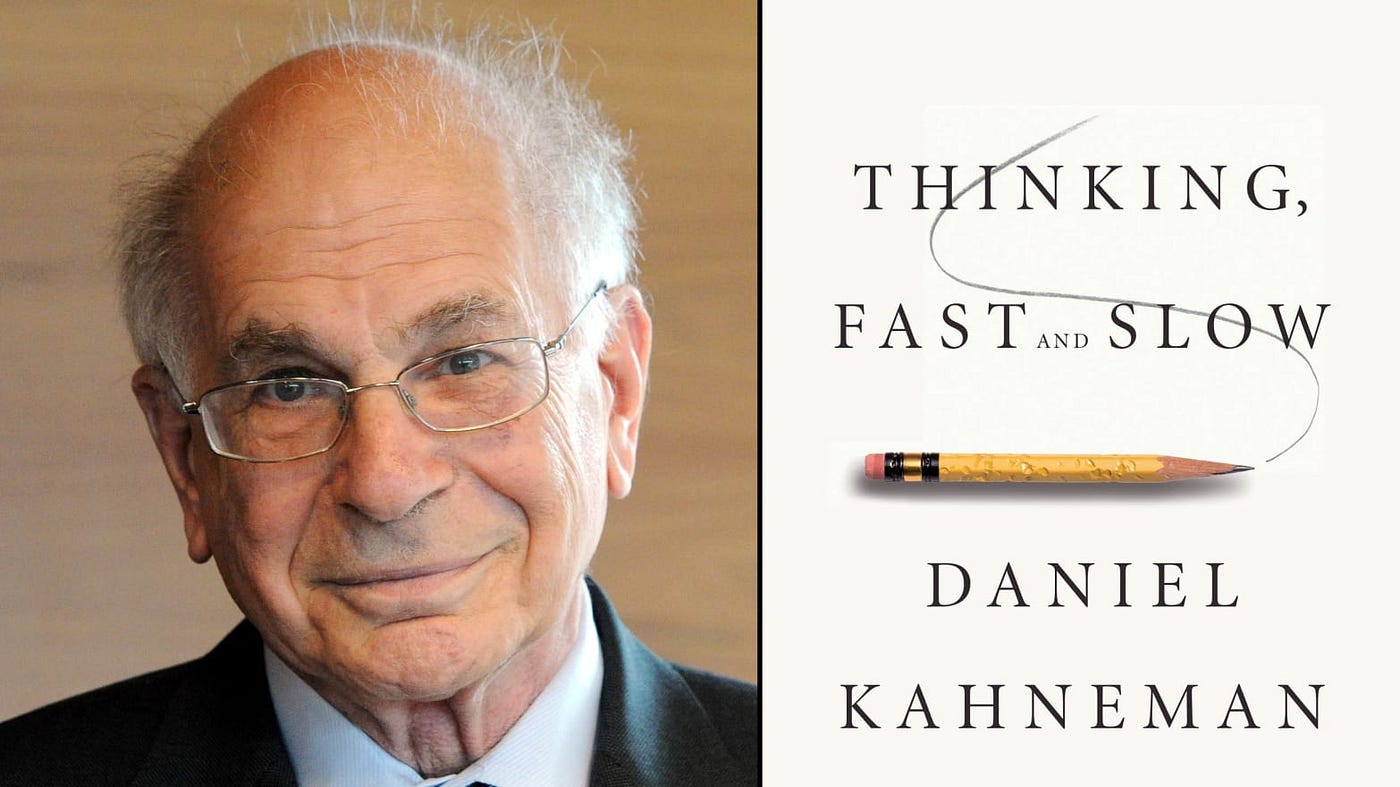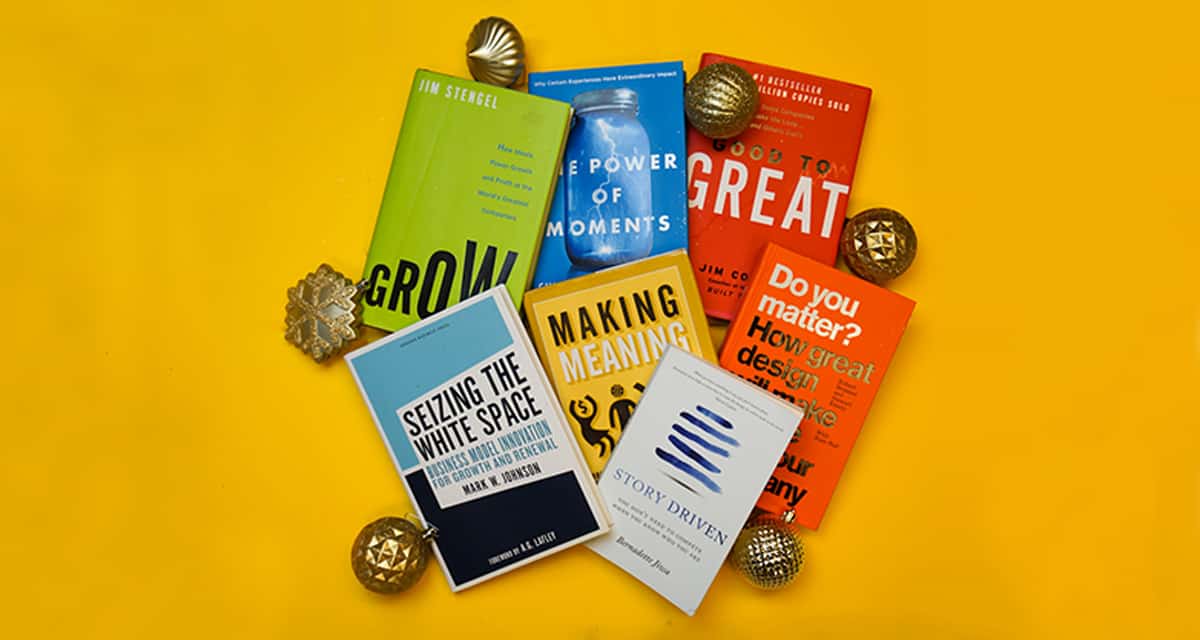Best Books on Product Development: A Must-read List
For anyone interested in marketing, entrepreneurship or simply curious about the mechanics of successful product development, there’s a wealth of knowledge out there. Figuring out which resources to tap can be overwhelming, hence this narrowed-down list. You’ll delve into topics like consumer behaviour, understanding goals, business economics and much more. Together, let’s explore a list of some of the prestigious books on Product Development that should be on your reading list.
Contents
- 1. The Lean Startup by Eric Ries
- 2. Hooked by Nir Eyal
- 3. Sprint by Jake Knapp
- 4. Escaping the Build Trap by Melissa Perri
- 5. Blue Ocean Strategy by Chan Kim
- 6. The Innovator’s Dilemma by Clayton M. Christensen
- 7. Start with Why by Simon Sinek
- 8. Cracking the PM Interview by Gayle Laakmann McDowell
- 9. Contagious by Jonah Berger
- 10. Little Bets by Peter Sims
- 11. RADICAL FOCUS by Christina Wodtke
- 12. INSPIRED by Marty Cagan
- 13. The Lean Product Playbook by Dan Olsen
- 14. Don’t Make Me Think by Steve Krug
- 15. Drive by Daniel H. Pink
- 16. Made to Stick by Chip Heath
- 17. Atomic Habits by James Clear
- 18. Thinking, Fast and Slow by Daniel Kahneman
- 19. The Design of Everyday Things by Don Norman
- 20. The One-Minute Manager by Kenneth Blanchard
- Your Product Development Journey
1. The Lean Startup by Eric Ries
When you think of tech startups, Amazon, or even your own small entrepreneurship endeavors, the idea of a minimum viable product (MVP) looms large. Eric Ries goes deep into this concept in “The Lean Startup.” As the title suggests, it steers you towards creating sustainable business models while reducing waste. It heavily emphasizes on gauging customer engagements and using their feedback to improve your MVP. If mastering the art of delivering a polished product in a short sprint is your aim, then this is definitely one for you.
2. Hooked by Nir Eyal
“Hooked” is an intriguing exploration of habit-forming products – ones that customers return to time and again. Nir Eyal discusses mixing technology with behavioural psychology to develop products that literally hook users. By analyzing what makes certain offerings from companies like Apple Inc. incredibly engaging, Eyal provides valuable insights into customer behaviors and subscriptions models relying heavily on perpetual user engagement.
3. Sprint by Jake Knapp

In “Sprint,” Jake Knapp introduces us to the five-day process implemented at Google Ventures which aims at fast-forwarding tech businesses. Throughout this engaging read, Knapp emphasizes the importance of speed in strategic management and innovative ideation without compromising on the quality or result deliverance. Making apt use of case studies, he illustrates how the Sprint approach can be applied to different kinds of problems-from technological upgrades to improving customer service.
4. Escaping the Build Trap by Melissa Perri
A common dilemma in business and marketing circles is investing heavily in product development without understanding the real user needs or market demand, leading to the ‘build trap.’ In “Escaping the Build Trap,” Melissa Perri points out that companies need to focus on outcomes rather than outputs. The book directs attention towards achieving business goals through a comprehensive understanding of consumer behaviours and strategic management.
5. Blue Ocean Strategy by Chan Kim
“Blue Ocean Strategy” by Chan Kim redefines the traditional market boundaries. A read that’s essential for both budding and established entrepreneurs looking into business economics, Kim concepts have led companies to create a space of low competition – ‘blue oceans’ of untapped new markets ripe for growth. Kim’s work challenges everything you knew about strategic planning.
6. The Innovator’s Dilemma by Clayton M. Christensen

“The Innovator’s Dilemma” by Clayton M. Christensen is written from the perspective of established companies that have done everything right, yet still lose their market leadership to newer endeavors. It provides exceptional insight into how managing innovation drives companies towards success or failure. This piece communicates critical information around technology and business management teams need to embrace innovativeness as a culture.
7. Start with Why by Simon Sinek
Simon Sinek’s “Start with Why” compellingly rationalizes how leaders who’ve had a considerable influence in the world think, act and communicate in a similar way. He emphasizes that they all started with WHY— using Apple Inc., Martin Luther King Jr., and the Wright brothers as illustrations. This piece sets the base for understanding consumer behaviour, entrepreneurship, and human communication in your business.
8. Cracking the PM Interview by Gayle Laakmann McDowell
Aspiring to break into product management or interviewing for a managerial role? If so, “Cracking the PM Interview” by Gayle Laakmann McDowell should be your go-to book. McDowell does a fabulous job at detailing how to prep for PM interviews, explaining what hiring managers look for and discussing common mistakes to avoid. A comprehensive read relevant to those aiming for technology firms or wanting to strengthen their management skills.
9. Contagious by Jonah Berger

“Contagious” by Jonah Berger explores why some ideas catch on while others fail. Berger delves into six principles that drive things to become popular and how leverage on these principles can make any product or idea contagious – good information for businesses relying heavily on customer engagement and word-of-mouth marketing models.
10. Little Bets by Peter Sims
“Little Bets” by Peter Sims is about the methodology of making small, manageable bets on ideas with huge potential before committing significant resources to it. Sims suggests that by making little bets and learning from the outcomes, businesses can achieve breakthroughs without huge upfront investments. His advice is ideal for startups and larger organizations who want to foster a culture of entrepreneurial thinking.
11. RADICAL FOCUS by Christina Wodtke
When dealing with product development, setting your attention to a single pivotal outcome maximizes your chances of success. In “Radical Focus”, Christina Wodtke outlines the concept of Objective and Key Results (OKR), a strategic management tool implemented by companies like Google and Apple Inc. This method helps you to spur growth in your startup company or established business through concise, measurable goals. Understanding this approach allows you to direct efforts where they’re needed most, from enhancing customer engagement to refining a minimum viable product.
12. INSPIRED by Marty Cagan

Do you feel stuck in a rut with your product development process? Marty Cagan’s “Inspired” introduces fresh perspectives on delivering products customers love, a necessity in successful entrepreneurship. The book emphasizes understanding consumer behaviour and intertwining it into each step of the development process. “Inspired” steers away from the traditional business economics and delves into crafting seamless user interfaces and employing subscription business models for sustained customer relationships.
13. The Lean Product Playbook by Dan Olsen
Dan Olsen’s “The Lean Product Playbook” gives a step-by-step guide on managing your product’s life cycle using lean principles. It presents proven strategies for marketing products, engaging with customers’ needs, and delivering value that attracts a solid customer base. The book incorporates high-profile technology companies as case studies to demonstrate how dissecting complex problems to their simplest form can optimize product development outcomes.
14. Don’t Make Me Think by Steve Krug
In the digital age where customer behavior hinges on ease of use and intuitiveness of products, Steve Krug’s “Don’t Make Me Think” serves up valuable insights on web usability. Krug asserts the importance of effortless user interfaces, arguing for simplicity over complexity and challenging traditional norms in product design. Businesses today can benefit greatly from this ideology, making their products easier to navigate, and thus improving overall customer engagement.
15. Drive by Daniel H. Pink

Understanding what motivates your team is a crucial aspect of management. In “Drive”, Daniel H. Pink dissects human motivation, and how it plays a pivotal role in achieving business goals. It delves into the science behind what truly drives us, from money to purpose. Applying these findings to your workplace culture encourages innovation and productivity among your team; thus, fostering a conducive environment for product development.
16. Made to Stick by Chip Heath
A crucial part of product development has always been creating ideas that resonate with people. In “Made to Stick”, Chip Heath provides tools to create impactful messages that stick in the collective mind of consumers. Utilizing the concept of simple yet profound ideas, Heath’s framework guides you towards the creation of memorable products that flourish in the market, ensuring that your start-up company stands out amongst others.
17. Atomic Habits by James Clear
Habits are the building blocks of our everyday routine, and often, our business successes too. “Atomic Habits” presents a coherent argument about forming good habits while eliminating bad ones. Its lessons can be applied in various spheres including entrepreneurship and strategic management. Clear’s methodology focuses on systematic changes rather than overnight transformations; this philosophy can potentially guide you in developing products that cater to enduring habits among consumers.
18. Thinking, Fast and Slow by Daniel Kahneman

Daniel Kahneman’s “Thinking, Fast and Slow” is an exploration into the two systems that drive human thinking: fast, intuitive thinking, and slow, deliberate thought. By understanding these systems, you can manage the cognitive biases of your potential customers to your advantage. Developing products that accommodate customers’ bias-laden fast thinking while appealing to their slow-thinking logical system can lead to more successful outcomes.
19. The Design of Everyday Things by Don Norman
The key to successful product development often lies in its design. Don Norman’s classic “The Design of Everyday Things” emphasizes on intuitive and accessible designs that meet customers’ needs. This book explores principles such as visibility, feedback and constraints, prescribing a human-centered method to transform how you approach your product’s form, function, and usability.
20. The One-Minute Manager by Kenneth Blanchard
Effective time management is the bedrock of successful businesses alike. In “The One-Minute Manager”, Kenneth Blanchard provides useful strategies for productivity improvement with just a few seconds investment. Not restricted to personal growth alone, these insights are equally applicable for managing teams involved in product development. By organizing responsibilities effectively, you’ll make each second count in realizing uniform business management objectives.
Your Product Development Journey
As your entrepreneurial journey unfolds with these insightful reads on product development, remember that the most challenging ideas often birth the most innovative products. Do not fear sidetracking from traditional norms, encourage creativity among your team members and most importantly, understand your consumer because the customer is crucial for success in any business scenario. Make your mark in the world of technology and become the next Amazon (company) of your industry!










